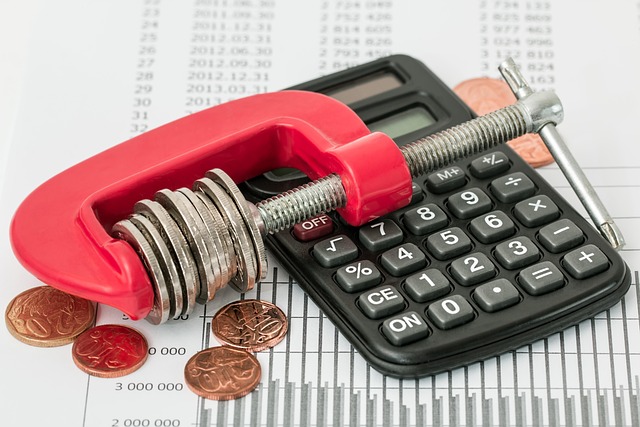Secured consolidation loans can help reduce high-interest credit card debt with lower rates and simplified repayment, but they require using property as collateral, posing a significant risk of losing your home if payments are missed. Weigh the benefits against this risk before considering such a loan for consolidating credit card debt.
“Explore the pros and cons of using secured consolidation loans to streamline your credit card debt. This comprehensive guide delves into how securing a loan with your property can simplify repayment, offering benefits like lower interest rates and fixed monthly payments. However, it’s crucial to understand the risks involved, such as potential property loss if you default. By weighing these factors, individuals seeking to consolidate credit card debt can make informed decisions regarding this strategic financial approach.”
- Understanding Secured Consolidation Loans
- How Your Property Can Be Used as Collateral
- Benefits of Using a Secured Loan for Credit Card Debt Consolidation
- Potential Drawbacks and Risks to Consider
Understanding Secured Consolidation Loans
Secured consolidation loans offer a way to combine multiple high-interest debts, such as credit card balances, into a single loan with a potentially lower interest rate. In this arrangement, your property—whether it’s your home or another asset—acts as collateral for the loan. This means that if you fail to repay the debt, the lender can seize and sell your collateral to recover their losses. Understanding this risk is crucial when considering a secured consolidation loan, especially since it involves using your property as security.
These loans can be attractive because they simplify repayment by reducing multiple payments to one, potentially saving time and money in interest charges. This can be particularly beneficial for individuals grappling with multiple credit card debts, allowing them to focus on repaying a single, larger loan. However, it’s essential to weigh these potential benefits against the risk of losing your property if repayments are missed.
How Your Property Can Be Used as Collateral
When considering a secured consolidation loan, your property can serve as an excellent form of collateral. This means that you’re offering your real estate asset—whether it’s a house, condo, or even land—as security for the loan. The lender uses this collateral to mitigate their risk and often offers lower interest rates and more favorable terms as a result. This is particularly beneficial when aiming to consolidate credit card debt, allowing you to make larger payments towards your overall debt with potential savings on interest.
Using your property as collateral can streamline the consolidation process, providing access to substantial loan amounts that might not be available through unsecured means alone. However, it’s crucial to remember that if you default on the loan, the lender has the right to seize and sell your property to recover their losses, emphasizing the importance of responsible borrowing and repayment plans.
Benefits of Using a Secured Loan for Credit Card Debt Consolidation
Using a secured loan for credit card debt consolidation can offer several advantages. One of the primary benefits is the potential to secure lower interest rates compared to traditional credit card balances. When you consolidate your credit card debt with a secured loan, the property you own acts as collateral, which gives lenders confidence and often results in more favorable terms. This means you could save significantly on interest over time, reducing the overall cost of repaying your debt.
Additionally, consolidating credit card debt through a secured loan can simplify your repayment process. Instead of managing multiple credit card payments with varying due dates, you’ll have one fixed monthly payment for the secured loan. This streamlined approach makes it easier to budget and manage your finances, as there’s no more worrying about missing individual credit card payments.
Potential Drawbacks and Risks to Consider
While secured consolidation loans can be a powerful tool for managing and reducing debt, it’s crucial to recognize potential drawbacks and risks before proceeding. One significant concern is the risk of losing your home if you fail to repay the loan as agreed. Because your property serves as collateral, defaulting on payments could lead to foreclosure, resulting in significant financial and emotional distress.
Additionally, these loans often come with higher interest rates compared to unsecured consolidation options due to the added security for lenders. This can mean paying more over time to repay the debt, making it even more challenging to manage if your financial situation changes unexpectedly. It’s essential to carefully consider your ability to consistently make payments without putting your home at risk before pursuing a secured consolidation loan for credit card debt relief.
Secured consolidation loans offer a viable option for those seeking to consolidate credit card debt. By using your property as collateral, you can potentially benefit from lower interest rates and repayment terms tailored to your needs. However, it’s crucial to weigh the advantages against the risks involved, such as the possibility of foreclosure if repayments are missed. Before proceeding, carefully consider your financial situation and ensure you understand the full implications of securing a loan with your property.
